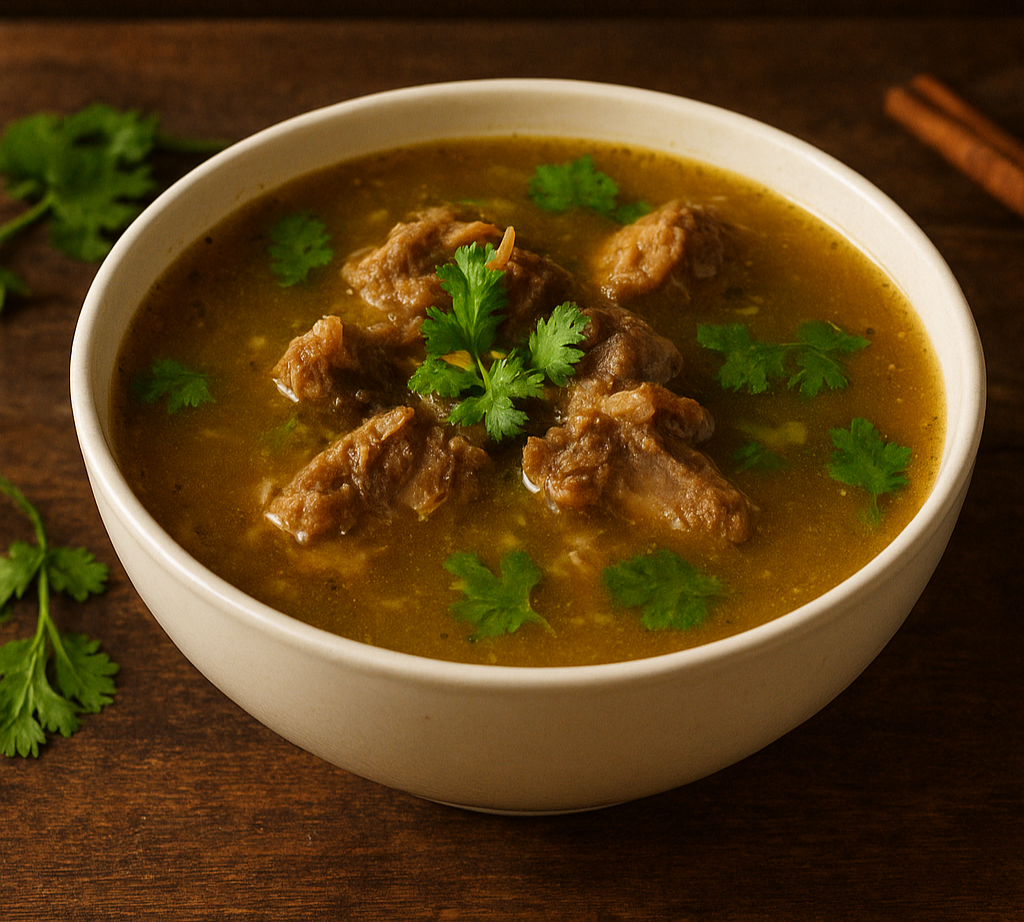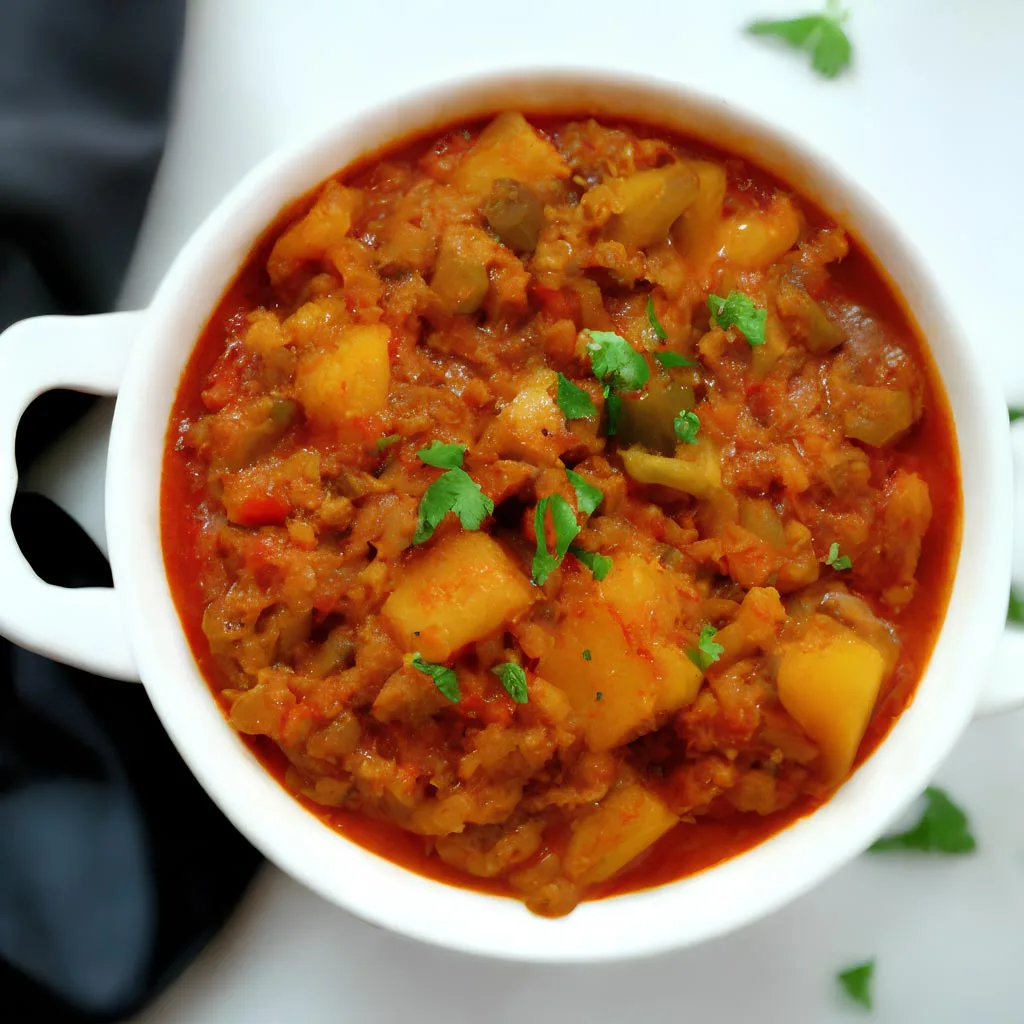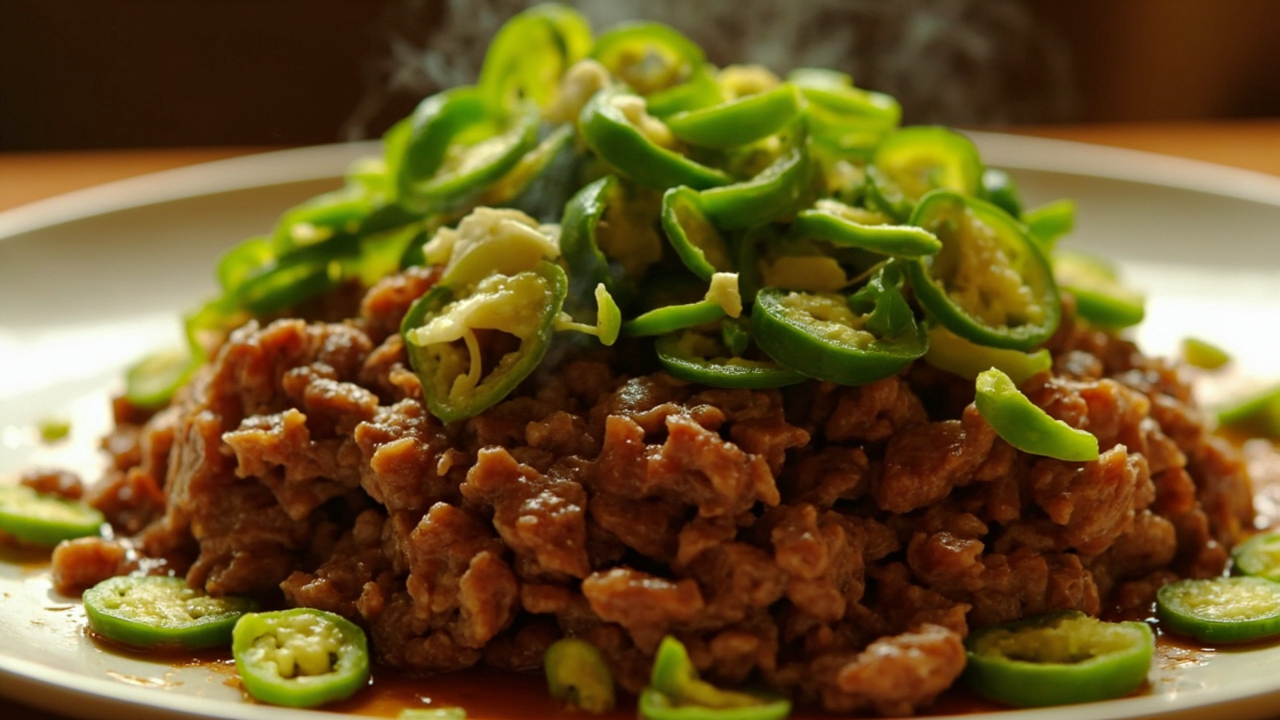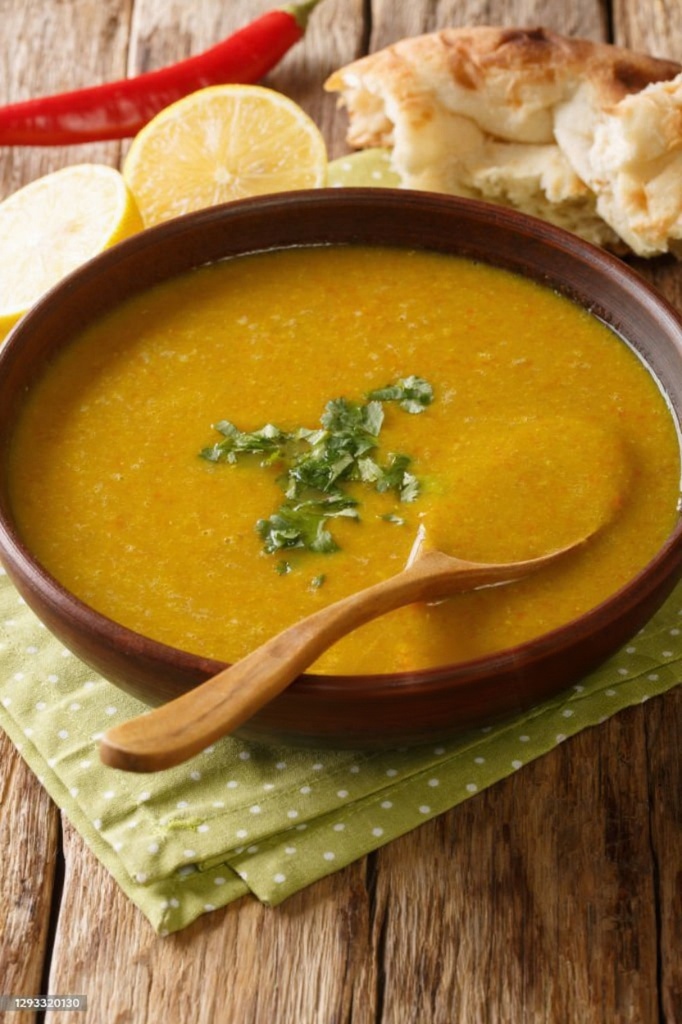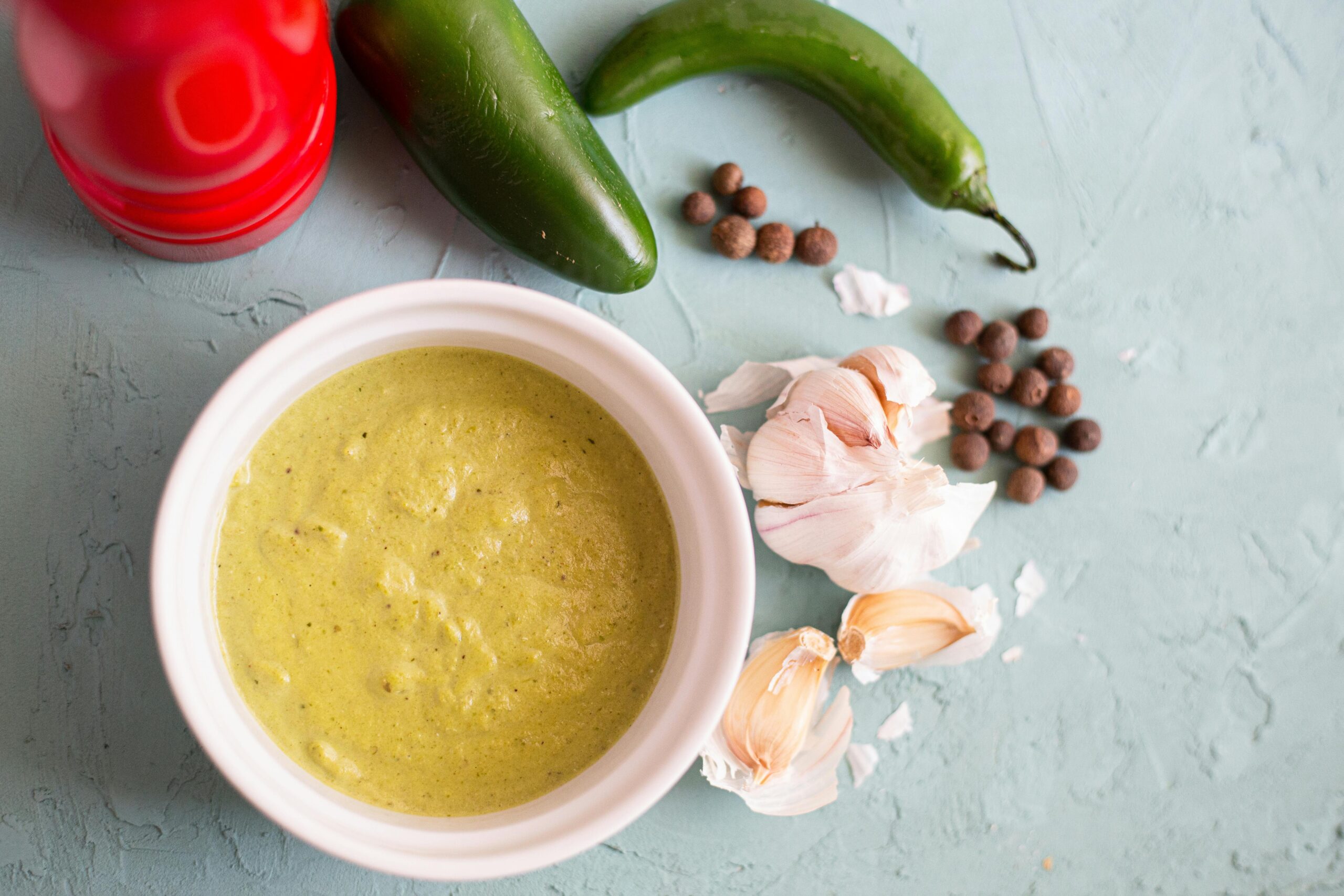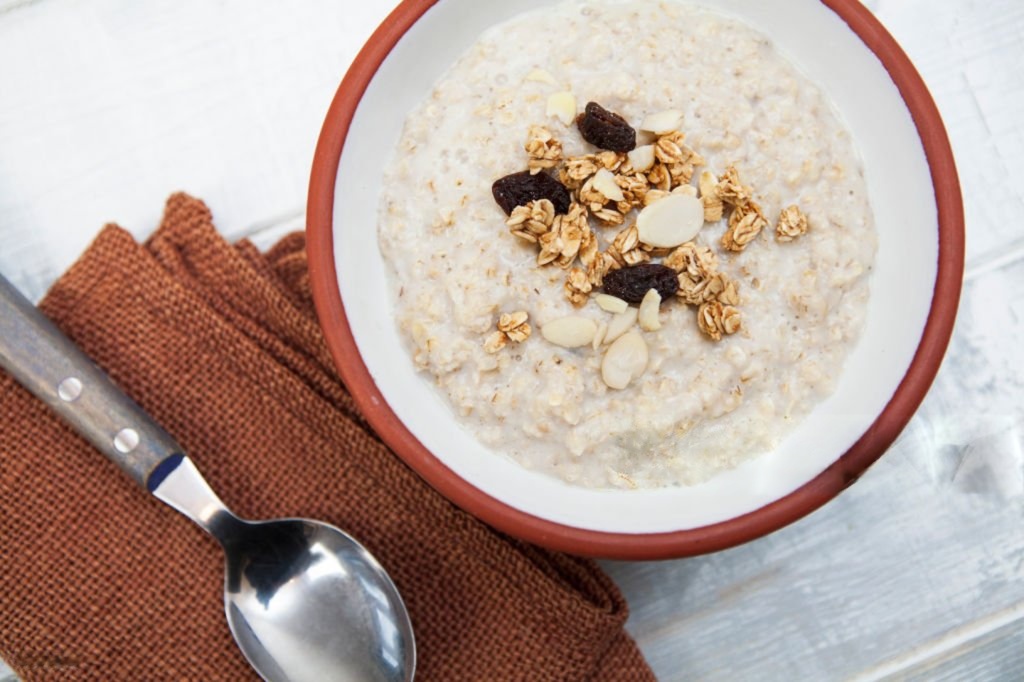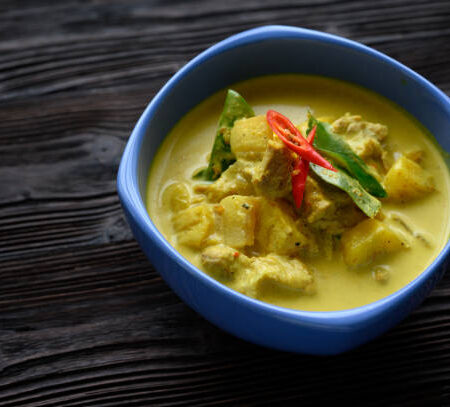Traditional Mutton Soup used in all Cultures throughout the world
The aroma of slow-cooked mutton bone soup has a way of pulling you back in time. It is not just a dish, it’s a memory served in a bowl.
I still remember cold winter nights in my grandmother’s kitchen. The house was filled with the gentle bubbling of a pot that had been simmering for hours, cloves and cinnamon sticks releasing their perfume into the air. She would ladle out steaming bowls of mutton bone soup, garnished with fresh coriander and a touch of ginger, and serve it with the words: “This is not just food, this is strength.”
For centuries, cultures across the world have turned to bone broth as medicine, nourishment, and comfort. Whether it was the Chinese sipping slow-cooked broths for vitality, or South Asians serving yakhni to new mothers for recovery, bone soup has been seen as a healing elixir. Today, in a world of fast food and supplements, it remains nature’s way of giving us collagen, minerals, and strength, all in the simplest, most soulful form.
This blog takes you through the story, recipe, health benefits, nutrition chart, and everything you need to know about this traditional mutton bone soup recipe for weight.
A Slow Ritual
Mutton Bone Soup is a traditional, slow-simmered broth made with tender mutton bones, aromatic spices, and fresh herbs. As it cooks for hours, the bones release collagen and minerals, making the soup rich and nourishing. Moreover, this golden elixir not only boosts immunity but also strengthens joints and provides comfort during cold winter days or recovery periods. Cooking mutton bone soup is not a rushed task; it’s a ritual in patience. The gentle simmering mirrors life’s rhythm: slow, steady, nurturing. As the bones soften and release their hidden treasures, collagen, calcium, iron, the broth transforms into liquid gold.
When you ladle it into bowls, topped with herbs, you’re not just serving a meal; you’re serving history, tradition, and health in every sip.
Health Benefits of Mutton Bone Soup
1. Collagen Powerhouse
Bone marrow and connective tissue release collagen during slow cooking. Collagen is essential for healthy joints, glowing skin, and strong nails. It’s nature’s anti-aging ingredient.
2. Boosts Immunity
The spices (cloves, pepper, cinnamon) combined with minerals from bones create a broth that strengthens the immune system. In traditional households, it’s given during flu, weakness, and recovery.
3. Gut-Friendly & Easy to Digest
Bone broth contains gelatin, which supports digestion, heals the gut lining, and improves nutrient absorption. It’s light on the stomach, making it suitable for people recovering from illness.
4. Strengthens Bones & Teeth
Packed with calcium, magnesium, and phosphorus—this soup is a natural way to strengthen bones without supplements.
5. Postpartum & Surgery Recovery
In South Asian culture, yakhni (bone broth) is essential for new mothers to regain strength, and for patients healing after surgery due to its high protein and mineral content.
Who Can Have This Soup?
- Elderly → For bone and joint strength.
- New Mothers → For postnatal recovery and energy.
- Children → For immunity and growth (in moderation).
- Athletes & Gym-Goers → As a protein + mineral booster.
- People Recovering from Illness → Easy to digest, healing properties.
Who Should Avoid Mutton Bone Soup?
While mutton bone soup is nourishing, not everyone should consume it in large amounts.
- People with gout: High purine levels in bone broth can trigger uric acid build-up.
- Those with high cholesterol: Should consume moderately since mutton bones release fats.
- Infants: Only if recommended by doctors, otherwise too strong for their systems.
- Vegetarians/Vegans: Can explore plant-based broths with similar spices.
A Soup Beyond Time
Mutton bone soup is more than the sum of its ingredients. It is ancestral knowledge simmered into liquid form. Every culture that has valued nourishment has some form of this broth. It warms the body, calms the soul, and heals from within.
When you prepare it, remember, it’s not just cooking. It’s reviving a tradition, preserving wellness, and passing down a memory. Each sip is a story, a healing touch, a promise of strength.
So, next time you feel the chill of winter, the fatigue of work, or the weakness of recovery, turn to this golden elixir. A bowl of mutton bone soup might just be the comfort your body and spirit are longing for.
This mutton bone soup is weight loss friendly, having healing and recovery powers, It boost collagen, For generations this golden elixir is used in all the cultures throughout the world with their own styles and methods. The most suitable time is in winters where it boost the immunity and health with its aromatic infusion of cloves and cinnamon with its simmering patience. It is an elixir, infusion, ritual, marrowy, golden ladle, nurturing warmth, ancestral remedy.
Do try my other soup recipes:
DO VISIT MY SHOP DOWN BELOW:
How to Boost Collagen with Mutton Soup
Description
Mutton Bone Soup is a traditional slow-simmered broth made with tender mutton bones, aromatic spices, and fresh herbs. Rich in collagen, minerals, and flavor, this golden elixir is perfect for boosting immunity, strengthening joints, and providing comfort during cold winter days or recovery periods.
Ingredients
Instructions
-
In a large heavy pot, add ghee and let it melt.
-
Add cloves, whole black pepper, cumin seeds, bay leaves, and cinnamon stick. Sauté until fragrant.
-
Add mutton bones and roast gently until lightly browned.
-
Mix in ginger garlic paste and stir well for 2–3 minutes.
-
Add onion and cook until translucent.
-
Add black pepper powder, salt, garam masala powder, and turmeric. Stir to coat the bones.
-
Pour in water (2 litres) and bring to a boil.
-
Add chopped coriander, mint leaves, and julienned ginger.
-
Cover partially and let it cook on a low flame for 4–5 hours. (This slow simmering is the secret to extracting collagen and minerals from the bones.)
-
Garnish with fresh coriander before serving hot.
Nutrition Facts
- Amount Per Serving
- Calories 220kcal
- % Daily Value *
- Total Fat 14g22%
- Sodium 350mg15%
- Total Carbohydrate 4g2%
- Protein 18g36%
- Calcium 90 mg
- Iron 3.2 mg
* Percent Daily Values are based on a 2,000 calorie diet. Your daily value may be higher or lower depending on your calorie needs.

